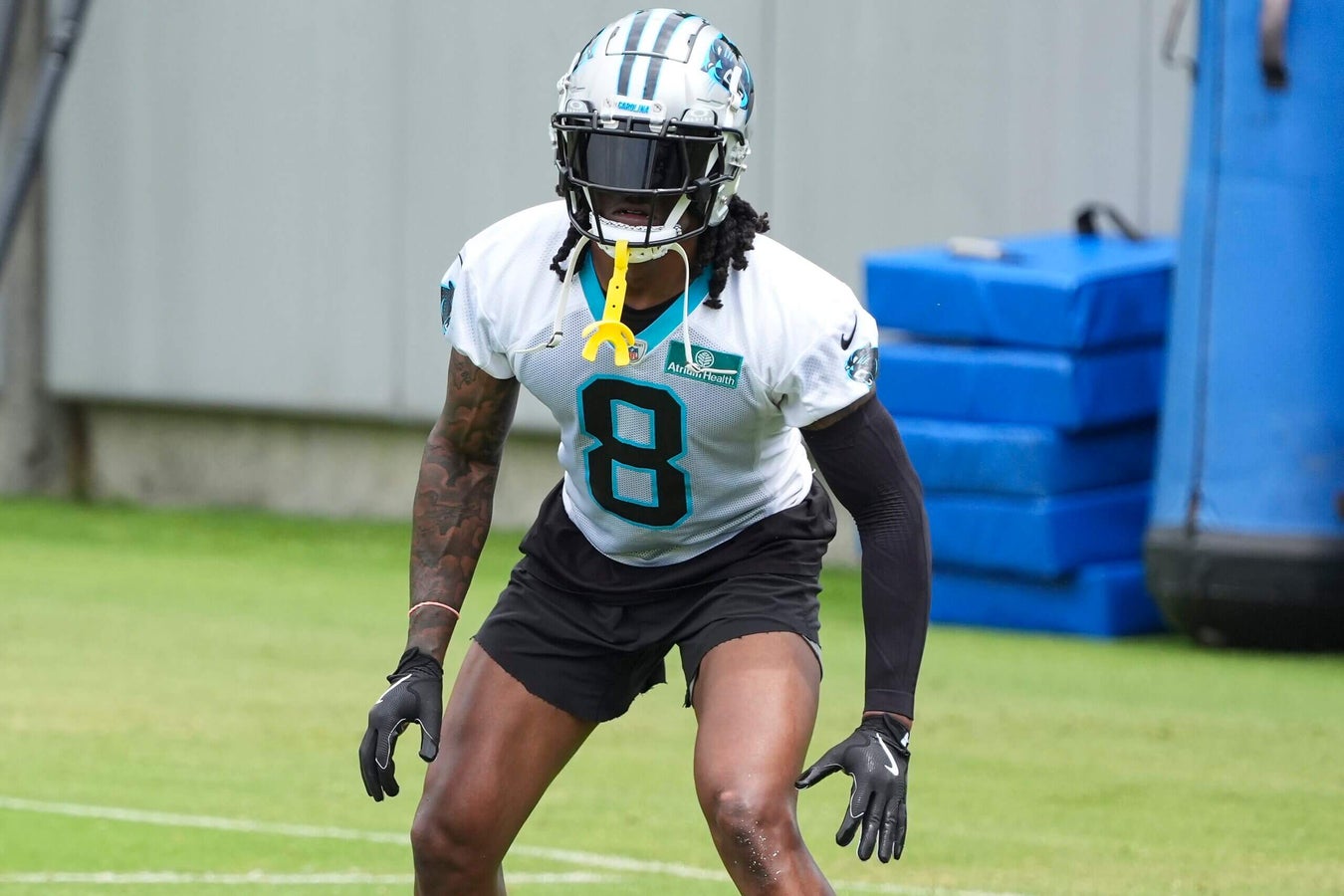Tragic Twist Unfolds: Police Reveal Heartbreaking New Details in Sudden Death of Wisconsin Football’s Nate White, Once a Milwaukee High School Legend
The death of former Milwaukee King standout and Wisconsin Badgers football player Nate White has sent shockwaves through the local sports community, and now, as police release official details surrounding his untimely passing, the heartbreak only deepens. White, once a symbol of promise and determination for inner-city youth and a beacon of potential at both the high school and collegiate level, is now mourned across the state by former coaches, teammates, fans, and loved ones. His story is one of both incredible athletic ability and the harsh unpredictability of life, now punctuated by the grim facts of a tragedy no one expected.
Nate White was more than just a name on a depth chart or a headline in the local sports pages. He was a product of Milwaukee’s east side, where he rose quickly through the ranks of high school football with his blazing speed, elusive moves, and passionate energy. At Milwaukee King High School, he became a household name for anyone who followed prep sports in Wisconsin. His performances under Friday night lights captivated crowds and quickly turned heads within the Badgers’ recruiting circle. By the time he committed to Wisconsin, fans were already dreaming of him carving up Big Ten defenses with the same ease he showed in his high school days.
Tragically, that dream is no longer possible. News of White’s death stunned those who had followed his rise, but what was even more jolting were the questions that immediately followed. How could someone so young, so athletic, and seemingly healthy be gone so suddenly? The Milwaukee Police Department has now confirmed new information that provides some clarity, although the details are not easy to digest. According to investigators, White was found unresponsive early in the morning, and emergency responders were unable to revive him despite extensive efforts. The cause of death, as officially listed in preliminary reports, was tied to a medical emergency believed to be cardiac in nature, though toxicology results are still pending and an autopsy is scheduled to confirm all findings.
The police noted that there was no indication of foul play, no signs of trauma, and no evidence of illicit substances found at the scene. In short, this wasn’t the result of violence, self-harm, or criminal activity. This was a sudden and tragic loss of life, and while that might offer some small measure of peace to White’s family and friends, the devastation remains overwhelming. What compounds the sorrow is how recently White had been seen enjoying life. Teammates recall him laughing during a summer training session. Coaches had spoken to him about increased reps in upcoming practices. Friends noted on social media that he’d been talking about community events, possibly even mentoring local kids. He had plans—big ones. And now, heartbreakingly, they’ve been halted by something no one could have foreseen.
White’s family issued a short statement through a representative, thanking the public for the outpouring of love and support. They asked for privacy as they begin the painful process of grieving. His mother reportedly has been inconsolable, and his younger siblings, who often attended his games with “#3” painted on their cheeks, are said to be struggling to grasp the reality of the loss. A memorial vigil held outside Milwaukee King saw a large turnout, with community members lighting candles, holding photos, and sharing stories about White’s positive attitude and humility.
At the University of Wisconsin, the atmosphere has been equally somber. Head coach Luke Fickell addressed the team personally and held a moment of silence before the next team meeting. A number of players have taken to social media to express disbelief and sorrow. Some called him a brother. Others said he was their inspiration to keep going during grueling practices. One wide receiver wrote, “Nate never quit, even on the hardest days. He pushed all of us to be better. I just wish we had more time.”
While White’s collegiate football career had yet to fully blossom, those around the program saw flashes of what he could become. His speed in spring practices was electric. His footwork in drills was often praised by the coaching staff. There were whispers he might become a special teams weapon or even challenge for carries in a crowded backfield. More importantly, however, was the way he carried himself. Teammates say White was the guy who helped pick others up when they were down, who never let a bad rep define a workout, and who constantly reminded others to “be grateful you’re alive and out here.” It is that very sentiment that now echoes painfully across the Wisconsin athletic community.
Beyond football, White had begun to carve out a role as a role model. In Milwaukee, he had recently spoken at a local youth mentorship program, telling students about the value of discipline and staying away from street violence. One organizer described him as “a voice these kids actually listened to,” adding that White had plans to visit more schools in the fall. He saw giving back as essential—not optional. It was a mindset he credited to his upbringing and his desire to prove that kids from Milwaukee could not only succeed, but thrive at the highest levels of education and athletics.
The ripple effect of his death continues to spread. Recruiters who once followed his highlight tapes in awe are now sharing condolences. Former opponents have paid tribute, recalling the times he burned past them on the field but still came over to shake hands with a smile. Even rival high schools in the city are coordinating a joint moment of silence in his honor when the season begins. Meanwhile, the Badgers football program is exploring ways to memorialize White permanently, possibly with a helmet decal or commemorative patch. There is also discussion about naming an offseason award or scholarship in his honor.
Local journalists have noted how rare it is to see such a universally positive response to the passing of a young athlete. In a city and a college town often divided by rivalry or social issues, White’s death has, at least temporarily, unified people in mourning. This is not a story with a villain or scandal. It is a reminder of fragility, of how fleeting life can be even for those who seem invincible under stadium lights.
What happens next is unclear. The autopsy results may provide final clarity on what exactly caused White’s death, but they likely won’t offer comfort. His family will have to navigate birthdays and holidays without him. His teammates will have to lace up cleats and run drills without hearing his voice echo across the field. His fans will replay old highlights and think about what could have been. In the end, Nate White’s life, though short, touched more people than many do in a lifetime. He lived with urgency, kindness, and ambition, and his story is now etched into the fabric of Wisconsin football and Milwaukee history.
As the investigation closes and the community continues to grieve, the message that White himself often repeated takes on new meaning: “Every day is a gift.” Those who knew him are holding tightly to that truth now, hoping that by honoring his legacy, they can carry forward a piece of the light he brought to the game, the locker room, and the lives of so many.


